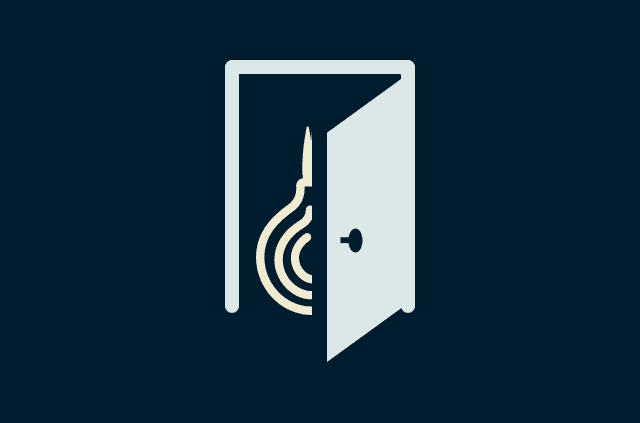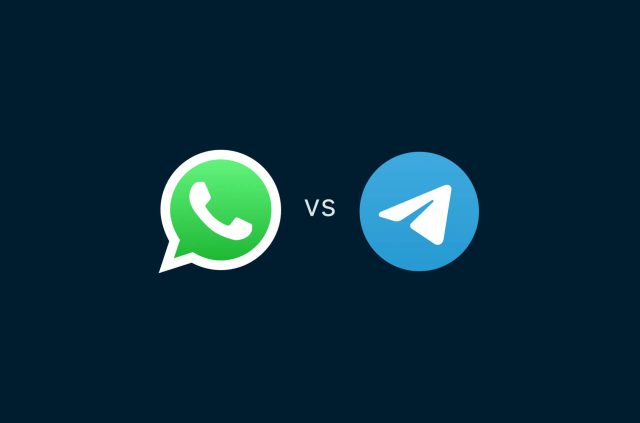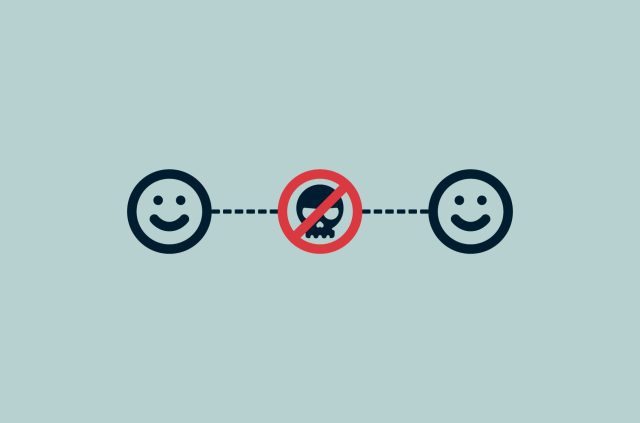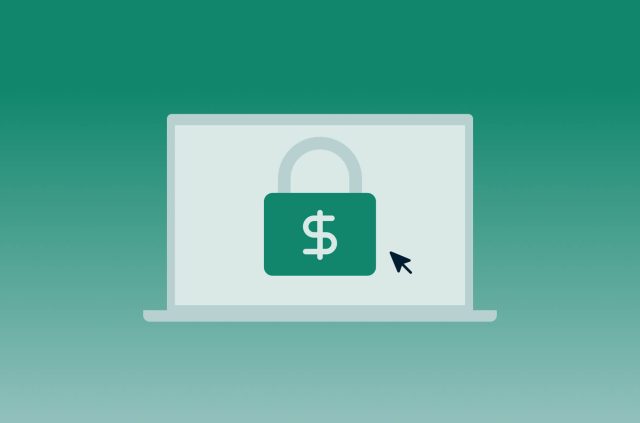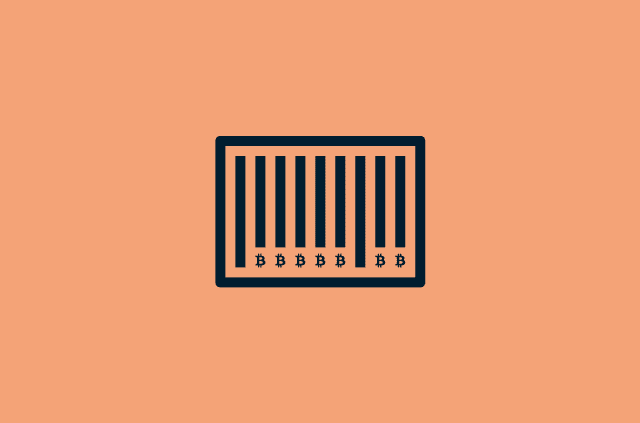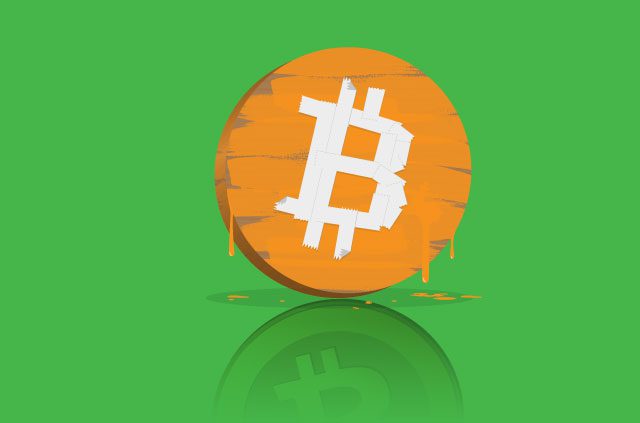
According to listings on coinmarketcap.com, there are now six major cryptocurrencies that all claim to be Bitcoin, and more are in the works.
In addition to Bitcoin Cash (which, with over US$20 billion market capitalization, is arguably the biggest Bitcoin contender), Bitcoin Gold, Diamond, Private and Dark all somehow attempt to piggyback on Bitcoin’s stained but bright brand.
Defining what makes Bitcoin, or even what defines money, is tricky. While Bitcoin may be described as peer-to-peer electronic cash (with the emphasis either on peer-to-peer or on cash), this definition also applies to a wide range of cryptocurrencies, some of which relatively unrelated to Bitcoin.
When looking closer, it is easy to define desirable characteristics of Bitcoin, such as low fees, fast settlement times or the proof-of-work mechanism used to validate and generate Bitcoin. But, at the same time, these are not defining characteristics—not every cryptocurrency with low fees, 10-minute block time and an SHA-256 based mining algorithm is automatically Bitcoin.
How can we tell which is the real Bitcoin?
One thing we all seem to agree on is that Satoshi Nakamoto created Bitcoin. Nakamoto minted the Genesis Block, meaning that whatever definition we want to come up with probably needs to include a reference to this block.
Origins in the Genesis does not make a definition much easier, though, as multiple chains might root back to this single block. The characteristic of “longest” or “most work" chain (a chain's work is equal to the number of hashes it would take to replicate a chain of the same number of blocks and the same difficulty steps) might also not be very useful, as it would allow miners to unilaterally define what is Bitcoin unilaterally.
A more correct definition would include “valid most work chain,” but what rules are valid, and which are not? Surely the rules may change in the future, but under which conditions would an ‘upgraded’ Bitcoin be the ‘real’ Bitcoin? It is not possible to find a definition that works not only retroactively, but also proactively.
In reality, the only definition that we can come up with that adequately defines Bitcoin is a very unsatisfying one, but it closely fits into how people see and use money in general:
Bitcoin is what everyone around you thinks it is.
Bitcoin is...
Anything, or at least any cryptocurrency, can theoretically be considered Bitcoin. In the same way, plenty of things might make for useful money—what we accept as money mainly depends on what everyone else considers money.
A good example of this is Testnet, an identical clone of Bitcoin’s code, and deployed as a separate cryptocurrency. The staggering detail about Testnet, though, is that it is entirely worthless. The worthless cryptocurrency is used by developers to test their products without the risk of losing money and mined by volunteers who give it away for free.
Similarly, whether what you own is the keys to Bitcoin or one of its imposters depends mainly on what the people around you consider to be Bitcoin. Already when using terms like ‘the real Bitcoin’ or ‘the original version of Bitcoin,’ you are subtly but importantly signaling that you might be referring to something else.
Take the first step to protect yourself online. Try ExpressVPN risk-free.
Get ExpressVPN








